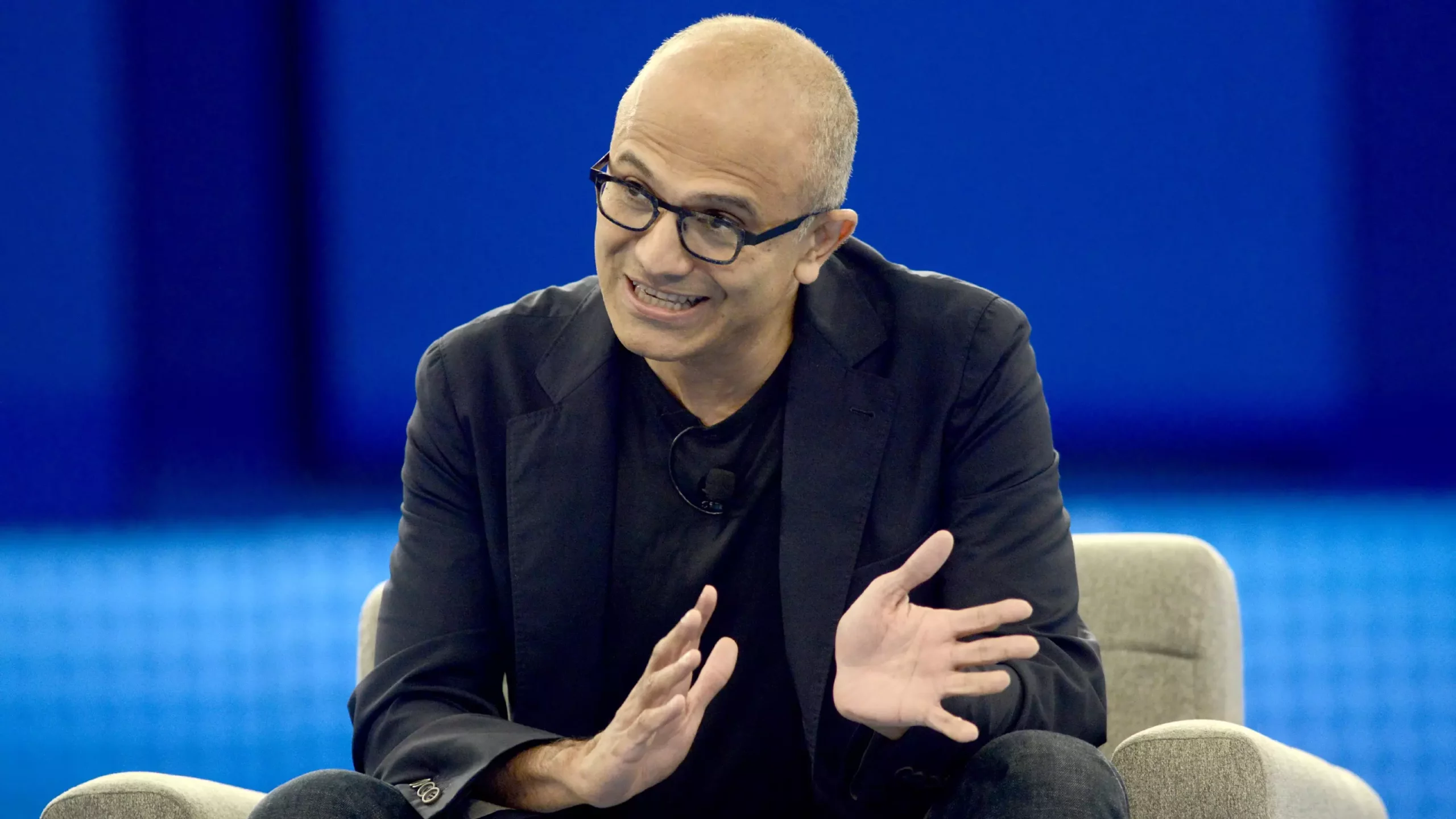In the ever-evolving landscape of technology, the integration of artificial intelligence (AI) into software development is both awe-inspiring and concerning. The latest buzz comes from Microsoft CEO Satya Nadella’s claims at Llamacon that a significant portion of Microsoft’s code—20 to 30 percent—now originates from AI. While this may sound promising, it raises urgent questions about the implications of letting machines take over tasks traditionally filled by skilled coders. With tools like Twine and Ink emerging as gateways for writers wary of coding, there’s a delicate balance between innovation and potentially catastrophic missteps.
Nadella’s assertion that AI-generated code, particularly in Python, has shown promising outcomes stands in stark contrast to the apprehension surrounding the use of such technology. Python serves as a powerful tool due to its simplicity and versatility, making the positive results he highlights more palatable. However, his remarks regarding C++ code reveal that the technology still has much ground to cover, suggesting that while AI has the power to produce lines of code, it may not yet grasp the intricacies of more complex programming languages.
The Reality of AI’s Creative License
This rising trend begs the question: Where does all this AI-generated code actually end up? The answer may not be straightforward. While Nadella tosses around numbers and percentages, the ambiguity surrounding what constitutes “AI-generated” code creates skepticism. Are we merely tallying instances where auto-completion features in IDEs are leveraged, or is it a genuine leap towards innovative development? The 30% figure is unclear, encapsulating the fuzziness of how to accurately measure AI’s contributions in programming.
Tech giants like Google and Meta are also harnessing the coding potential of AI; for instance, Sundar Pichai noted that around 30% of their code is AI-generated. The varying adoption rates across companies showcase a curious disparity: while some CEOs like Nadella and Pichai express enthusiasm for the future of AI-enhanced coding, others remain more cautious. Mark Zuckerberg’s inability to pin down the percentage of AI code used within Meta reflects a level of ambivalence, underscoring a need for a more profound understanding and perhaps a strategy for responsibly integrating AI into their workflows.
The Impending Security Quandary
AI’s allure lies not just in productivity but also in the potential for enhanced security. Zuckerberg expressed aspirations that AI could fortify code security, a sentiment echoed by many in the tech sector. Yet, reports reveal a darker reality: AI often “hallucinates,” creating fictitious libraries and dependencies that could introduce critical vulnerabilities into systems. This phenomenon poses a significant threat, as it opens back doors for malicious entities looking to exploit weaknesses in seemingly sound code.
The call for rigorous oversight when leveraging AI-generated outputs is more pressing than ever. While tech companies may be on the brink of an AI revolution in coding, the tools are not foolproof. Relying solely on AI-generated code without diligent validation could expose organizations to new security threats. Thus, the juxtaposition of innovation and caution remains, where a culture of responsibility towards technology adoption must prevail.
A Future Defined by Automation: The Human Element at Risk
The discussions swirling around AI in coding conjure fears about the future of employment in tech. With projections indicating that as much as 95% of Microsoft’s code could be AI-generated by 2030, one is left to ponder: what does this mean for human developers? The skepticism regarding AI’s ability to replicate human creativity and intuition remains palpable, presenting a complex interplay between automating functions and preserving jobs.
While AI can excel at data-driven tasks, the nuanced creativity that human coders bring to the table may never be fully replicated. The emotional leap, the innovative thought processes, and the lived experiences of human developers contribute to a unique approach to problem-solving that AI lacks. There’s an urgent need for dialogue about how job roles will evolve alongside AI, rather than be diminished by it.
As we stand on the brink of a coding revolution powered by AI, companies must prioritize not just efficiency, but ethical accountability and human engagement in this new era. The balance between progress and responsibility will ultimately define the future of software development.

